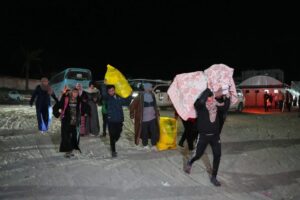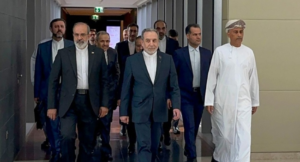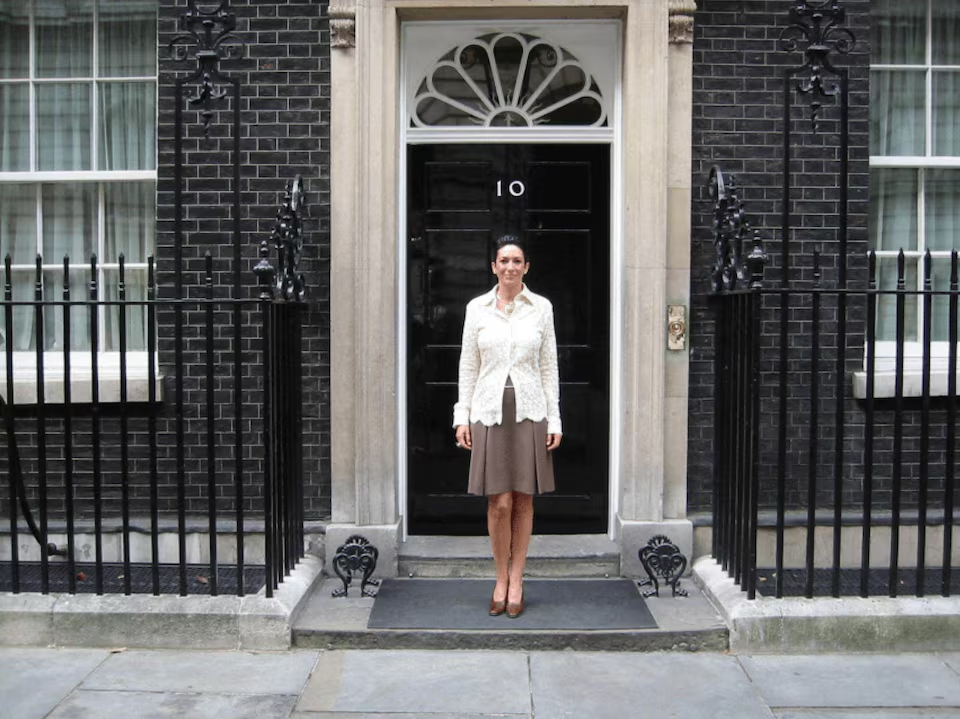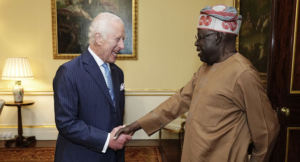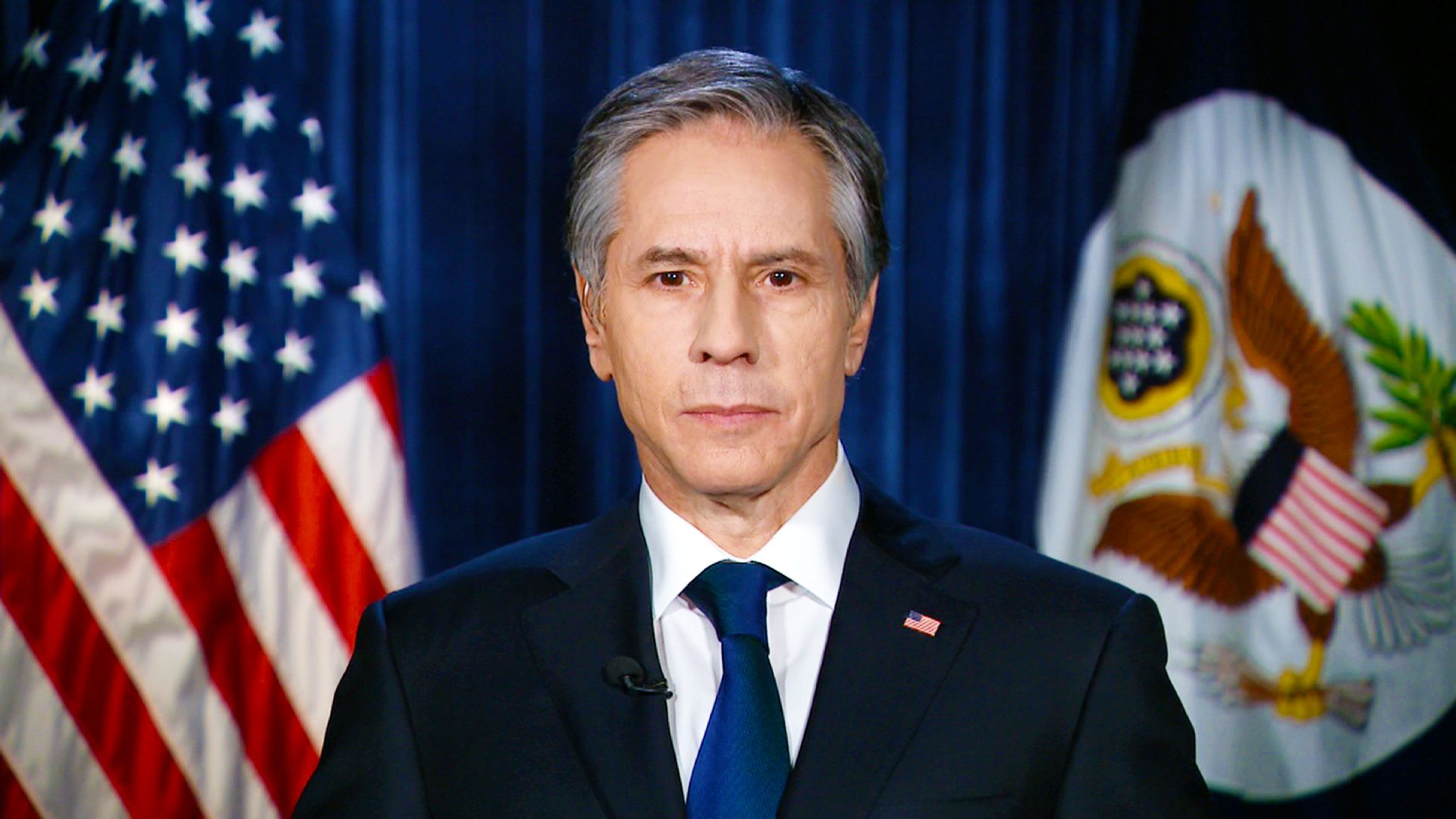
U.S. Secretary of State Antony Blinken said on Thursday he believed talks in Qatar could still reach a Gaza ceasefire agreement while Israel attacked Hamas gunmen in the enclave’s Al Shifa hospital and evacuated patients.
In Cairo, Blinken met Arab foreign ministers and Egypt’s President Abdel Fattah El-Sisi as talks in Qatar centred on a truce of around six weeks that would allow the release of 40 Israeli hostages in return for hundreds of Palestinians detained in Israeli jails.
“Negotiators continue to work. The gaps are narrowing, and we’re continuing to push for an agreement in Doha. There’s still difficult work to get there. But I continue to believe it’s possible,” Blinken said.
“We’ve closed the gaps, but there are still gaps. So I can’t put a timeline on it. I can just say that we’re committed to doing everything possible to reaching an agreement.”
The main sticking point in ceasefire talks has been that Hamas says it will release hostages only as part of a deal that would end the war, while Israel says it will discuss only a temporary pause.
A statement by Israeli Prime Minister Benjamin Netanyahu’s office said Israel’s spy chief David Barnea would travel to Qatar on Friday to meet mediators.
In Gaza itself, Israel continued its raid of Al Shifa hospital, the only partially working medical facility in the north of the strip, for a fourth day. Residents said buildings inside the complex were in flames and others reported they saw gunfire and people shot in the complex.
An Israeli military spokesperson said Hamas and Islamic Jihad gunmen were holed up in the building housing the hospital’s emergency room and expected the army raid to continue for a few more days.
Hamas has denied that the hospital harbours fighters and said those killed were wounded patients and displaced people.
“We are evacuating the patients, around 220 patients, to another building,” Rear Admiral Daniel Hagari said in a televised statement, “with appropriate medical equipment so that all the patients and doctors can be safe. We continue to call on all the gunmen in the building to surrender.”
Hagari added some “very important” Hamas commanders have been captured but he could not disclose their identities yet because they were providing valuable intelligence.
A local journalist, Osama Al-Ashi, who lives near the Al Shifa hospital wrote on his Facebook page he was unable to leave the area because it was surrounded by tanks.
“I could die at any moment… I’m afraid of everything around me and of everything,” he said.
With hunger worsening in the densely populated enclave, where five months of war have created critical food shortages, the head of the World Health Organization said only opening more border crossings for trucks carrying aid could prevent famine in Gaza.
Israel’s offensive has now killed almost 32,000 Palestinians, according to Gaza health authorities.
The war was triggered by militants from Hamas, which governs Gaza, storming into southern Israel on Oct. 7, killing around 1,200 people and taking 253 hostages, by Israeli tallies.
The Egyptian president stressed the need for a truce to address the escalating humanitarian crisis and warned of the dangers from Israel’s promised military operation in Rafah, echoing growing international concern.
The southern Gaza city is the last zone of relative safety for civilians and more than half the enclave’s population is now sheltering there, pressed against the Egyptian border.
An Israeli official insisted Israel would take control of Rafah even if it caused a rift with the United States, saying that a quarter of Hamas’ original fighting force was there.
“It’s going to happen. And it will happen even if Israel is forced to fight alone,” Strategic Affairs Minister Ron Dermer said in a podcast.
Blinken said a major military operation in Rafah would be a mistake, and that it was not necessary.
Officials from 36 countries and U.N. agencies gathered in Cyprus to discuss ways to expedite humanitarian deliveries.
“Recent efforts to deliver food by air and sea are welcome, but only the expansion of land crossings will enable large-scale deliveries to prevent famine,” WHO Director-General Tedros Adhanom Ghebreyesus said.
“Once again, we ask Israel to open more crossings and accelerate the entry and delivery of water, food, medical supplies and other humanitarian aid into and within Gaza.”
Gaza’s Palestinians despaired at observing Ramadan, a month-long Islamic observance that includes daytime fasting for adults, without relatives who have been killed and lacking adequate food for their children.
At a Gaza school run by the U.N. Palestinian refugee agency, thousands of people who have fled Israeli airstrikes barely had enough food to break the daily fast, unlike fellow Muslims around the world.
Basel al-Soueidi, sheltering in the Jabalia refugee camp, was cooking a few red lentils for the surviving members of his family, 17 of whom have been killed in the war.
“There is no food or water, there is nothing. All my cousins died, there’s no one left. We used to all gather during Ramadan, with my uncle,” he said, close to tears.
Israel said its troops had killed more than 50 Hamas gunmen over the previous day, taking the number of fighters killed around Al-Shifa hospital to 140, along with two Israeli soldiers. It added 358 Hamas and Islamic Jihad militants had been captured during the raid at the hospital complex


